The Connecting Communities Through Citizen Science online conference series was held weekly throughout the month of June 2021, and emphasised citizen science as a method for communities to explore nature, the environment and its connection to health and wellbeing.
This conference series was made possible by a small grant from the NSW Office of the Chief Scientist & Engineer.
You can revisit the speakers and their talks below:
Event 1: Sensors and Citizen Science
Wednesday 2nd June, 5:00pm – 6:30pm AEST
In the first of our Connecting Communities Through Citizen Science conference series Prof. Benjamin Eggleton, Director of the University of Sydney Nano Institute and Co-Director of the NSW Smart Sensing Network and Dr Yaela Golumbic, Postdoctoral Researcher at the School of Chemistry University of Sydney, gave short presentations regarding the potential of sensor technologies for science and ways in which they can be embedded in citizen science projects. The event was hosted by A/Prof Alice Motion, Host Representative for the Australian Citizen Science Association and Co-Chair of the Charles Perkins Centre Citizen Science Node.
You can watch the recording on ACSA’s YouTube channel.
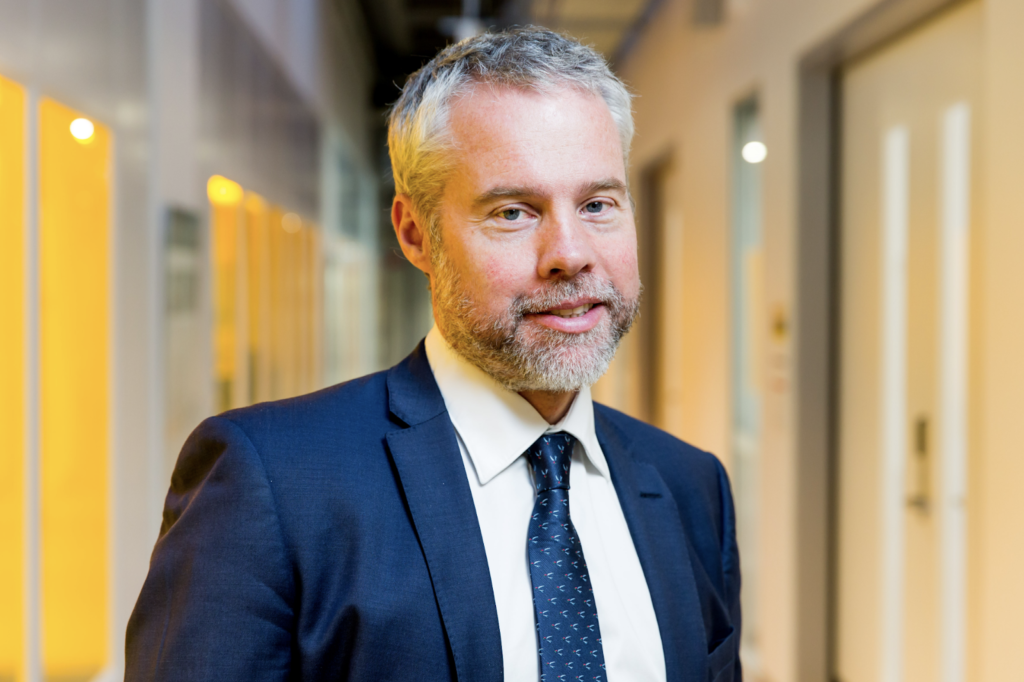
Professor Benjamin J. Eggleton
The University of Sydney
Professor Benjamin Eggleton is the Director of The University of Sydney Nano Institute. He also currently serves as co-Director of the NSW Smart Sensing Network (NSSN). He was previously an ARC Laureate Fellow and an ARC Federation Fellow twice, was founding Director of the ARC Centre of Excellence for Ultrahigh bandwidth Devices for Optical Systems (CUDOS) and was Research Director at Bell Laboratories, Lucent Technologies in the USA. Eggleton has published more than 510 journal publications, including Science, Nature Photonics, Nature Physics, Nature Communications, Physical Review Letters and Optica and over 200 invited presentations. His journal papers have been cited 23,000 times according to webofscience with an h-number of 77 (107 in google scholar). Eggleton is a Fellow of the Australian Academy of Science (AAS), the Australian Academy of Technology and Engineering (ATSE), the Optical Society of America, IEEE Photonics and SPIE. He is Editor-in-Chief of APL Photonics.
New frontiers in Smart Sensors
Smart sensors provide a multi-faceted interface to the physical, chemical and data environment, enabling high-performance information gathering and real time situational awareness. My talk overviews recent progress with examples from industry and end-user sponsored projects, emphasizing how sensors are being used to provide situational awareness in different industry and end-user sectors, such as defence (research sponsored by the Royal Australian Air Force); how air-quality sensors are providing new possibilities for forecasting air pollution (with the NSW Department of Planning, Industry and Environment); how single molecule sensing and wearables are providing rapid testing of infectious disease and sensing for leaks and breaks of water pipes (sponsored by Sydney Water).
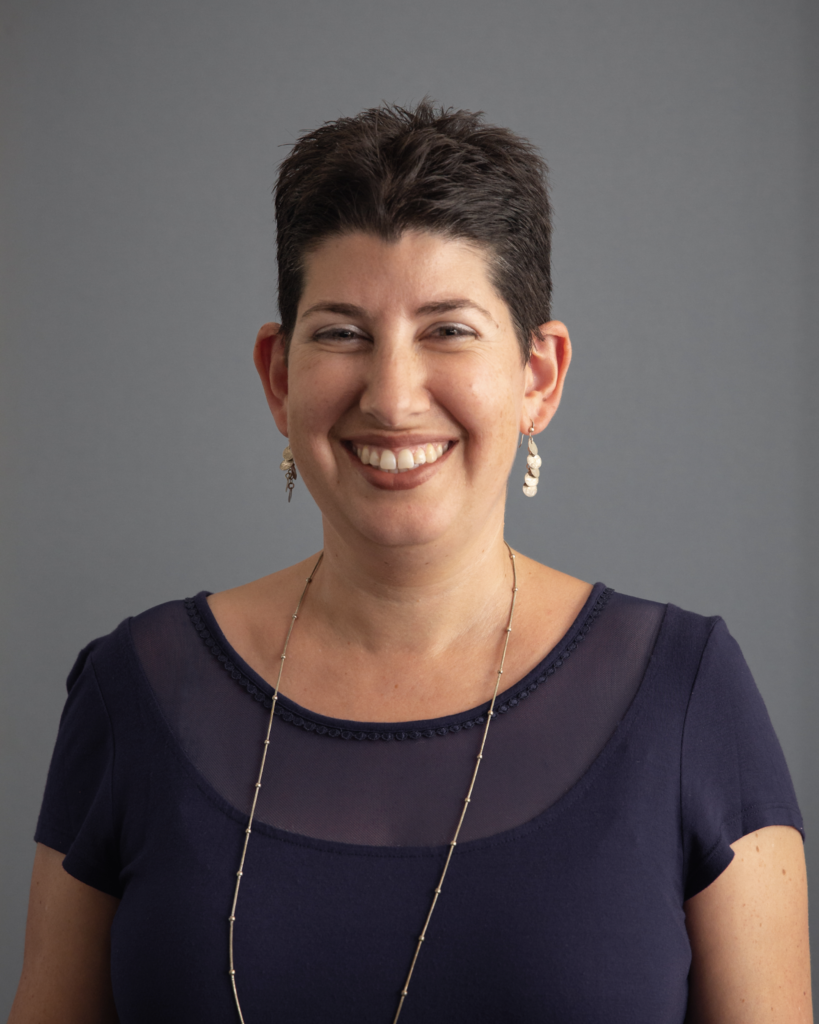
Yaela Golumbic
SCOPE Group,
The University of Sydney
Dr. Yaela Golumbic is a science communication researcher, emphasizing on citizen science as a way to enhance public participation and engagement with science. She is currently a postdoctoral fellow at the University of Sydney, where she is leading the research on student and public participation in Breaking Good – a citizen science initiative that empowers members of the public to be active researchers in projects that improve human health. Yaela has developed, designed and managed several citizen science projects, including “Sensing the Air” for engaging citizens in air quality research, and the “Radon home survey” for self-monitoring of radon levels in private spaces. Her work focuses on co-creation processes and examining citizen science’s benefits and challenges for science and society.
Engaging citizen scientists in sensor-based projects
Engaging a wide range of participants over time, is key to successful operation of citizen science projects, requiring carful design and attendance to the needs of diverse audiences. This talk will discuss the design, implementation and engagement of a sensor-based citizen science initiative – Sensing the Air, for monitoring air quality in the local environment. Through an exploration of users’ perceptions, motivations and project satisfaction, the talk will propose a set of strategies for increased public engagement with science.
Watch recording:
Event 2: Uncovering Nature’s Stories
Wednesday 9th June, 5:00pm – 6:30pm AEST
In the second of our Connecting Communities Through Citizen Science conference series, Teresa Van Der Heul, Citizen Scientist and Myxomycetes explorer and Dr John Martin, Research Scientist at the Institute of Science and Learning, Taronga Conservation Society Australia, gave short presentations about the different ways citizen science is contributing to our understanding of Australia’s environment. Hosted by A/Prof Alice Motion, Host Representative for the Australian Citizen Science Association and Co-Chair of the Charles Perkins Centre Citizen Science Node.
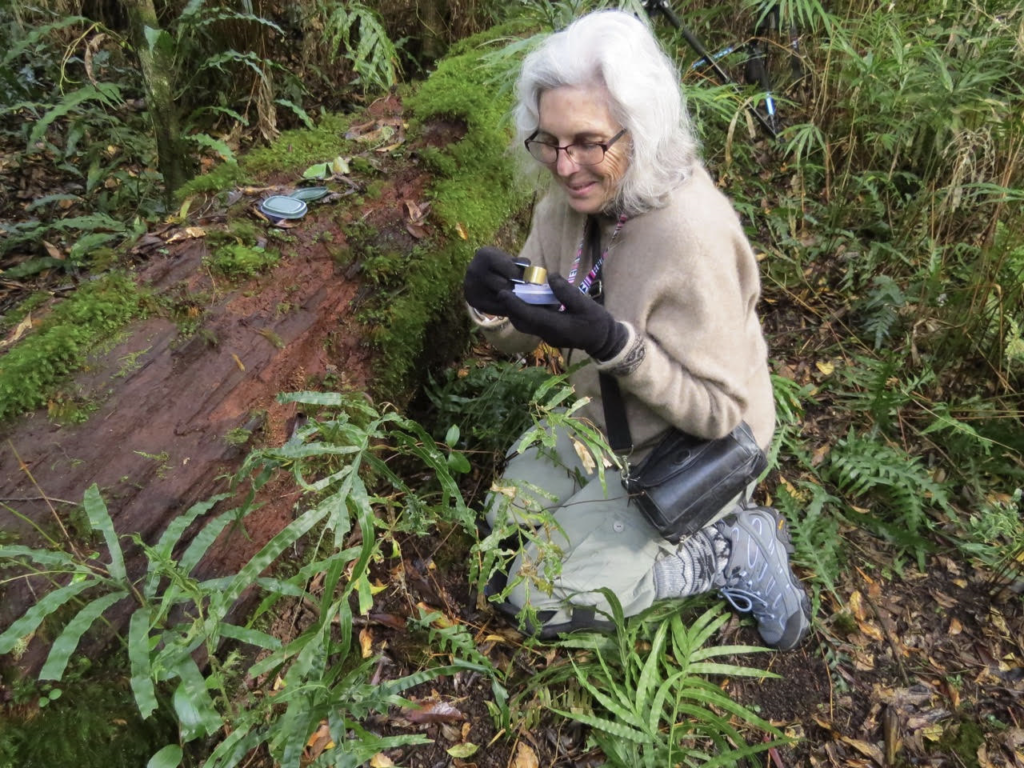
Teresa Van Der Heul
Myxomycetes explorer
Teresa’s interest in Myxomycetes has resulted from an evolving interest in nature in general over the last five decades. The fact that so many species depend upon other species for their survival in Nature, has made me very aware that its important for each of us to protect the Natural Environment for each of these species, as this Natural Environment also sustains us.
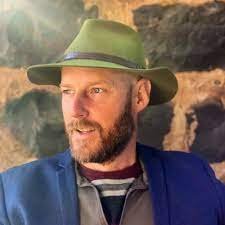
Dr John Martin
Taronga Conservation Society Australia
Dr John Martin is a Research Scientist based at the Institute of Science and Learning, Taronga Conservation Society Australia. John’s research is directed towards understanding the ecology of wildlife in human-dominated landscapes. This program aims to produce recommendations for land management that will lead to enhanced prospects for co-existence between wildlife and humans. Consequently, John has a keen interest in the human side of conservation, including attitudes, knowledge and local and global connection to nature.
Watch recording:
Event 3: Citizen Science as a Catalyst for Change in Science Education
Wednesday 16th June, 5:00pm – 5:45pm AEST
In the third of our Connecting Communities Through Citizen Science conference series Arjumand Khan, Faiza Syed and Thasleem Usman from STEM Catalyst spoke about the ways they are ‘inspiring minds through STEM disciplines and the world around us’ through citizen science. Hosted by A/Prof Alice Motion, Host Representative for the Australian Citizen Science Association and Co-Chair of the Charles Perkins Centre Citizen Science Node.
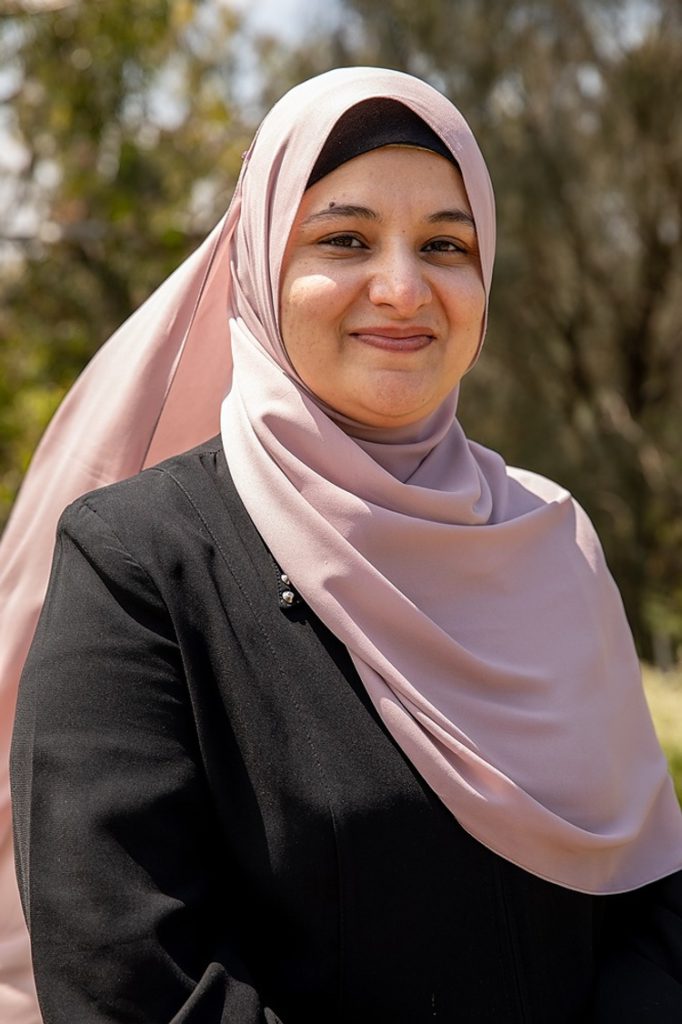
Arjumand Khan
Founder, STEM Catalyst
Arjumand Khan is passionate Environmental Scientist and a Science Communicator. She is active in community work and takes the lead in sharing her knowledge and passion for nature and science through a wide array of STEM based activities. She is highly motivational and a strong advocate for promoting STEM education. She is an entrepreneur and the founder of STEM Catalyst. Arjumand strives to be a role model for other women in STEM.
In her spare time Arjumand is the President of the Multicultural and Urdu Speaking Women’s Social Groups, she volunteers Hume City Council’s Sustainability Task Force supporting decision making on complex environmental issues and is a member of Royal Society of Victoria and Australian Citizen Science Association.
She would like to connect with decision makers and propose project ideas that would benefit the whole community.
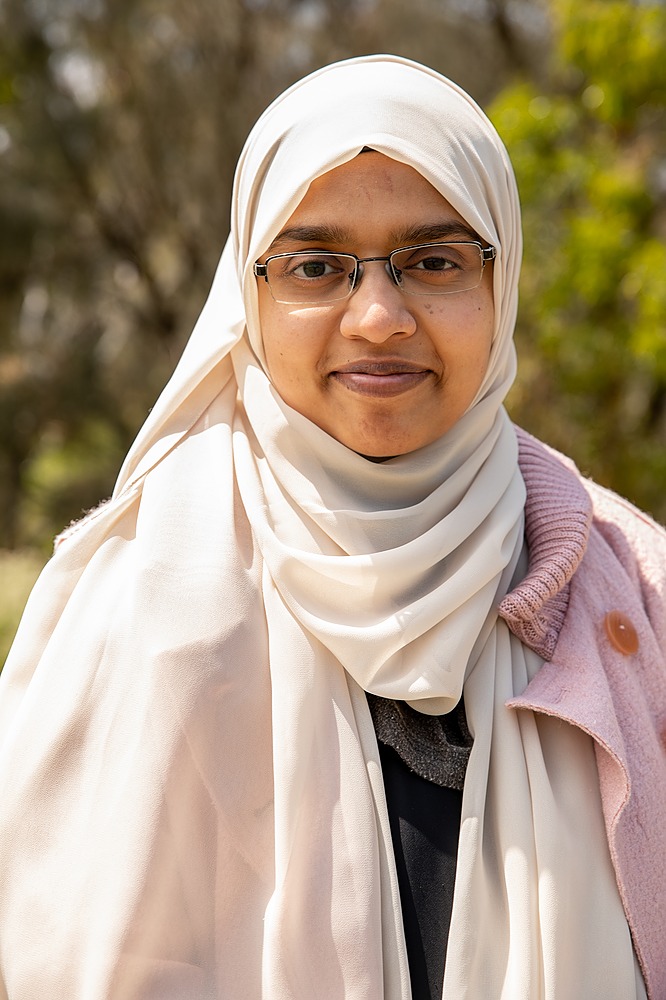
Faiza Sayed
Co-founder, STEM Catalyst
Faiza Syed is a Data Analyst, entrepreneur, community worker and mum. She holds a degree in Electronics and Communication Engineering from India and now works as a Data Analyst in Melbourne.
She has co-founded STEM Catalyst and hopes she will inspire the next generation of leaders and improve the gender imbalance in the STEM industry by being a role model herself.
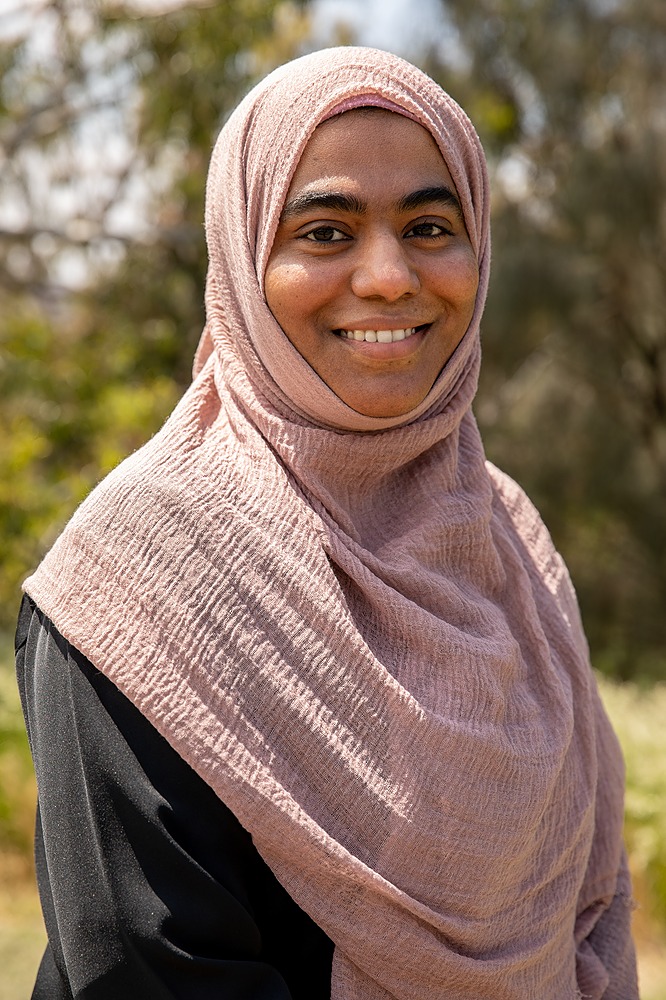
Thasleem Usman
Director of Operations, STEM Catalyst
Thasleem Usman is a passionate volunteer, a language reading specialist and an entrepreneur. She holds a Bachelor of Arts from India and works an accountant and business administrator. Thasleem is the Director of Operations for STEM Catalyst, she enjoys the day-to-day operations, from social engineering to packing goodies to the participants.
Thasleem is an Arabic language recitation teacher for children and adults. She educates and tutors on recital skills. Thasleem is passionate about her continuous learning.
Thasleem is a mum of two and she enjoys cooking, gardening, sewing and travelling in her spare time. She lived in United States for over three years before moving to Australia a decade ago.
Watch recording:
Event 4: Local Governments Driving Citizen Science
Wednesday 23rd June, 5:00pm – 6:30pm AEST
In the fourth of our Connecting Communities Through Citizen Science conference series Claire Chaikin-Bryan and Dr Claire Murray joined us to learn more about how local governments are driving citizen science. Hosted by A/Prof Alice Motion, Host Representative for the Australian Citizen Science Association and Co-Chair of the Charles Perkins Centre Citizen Science Node.
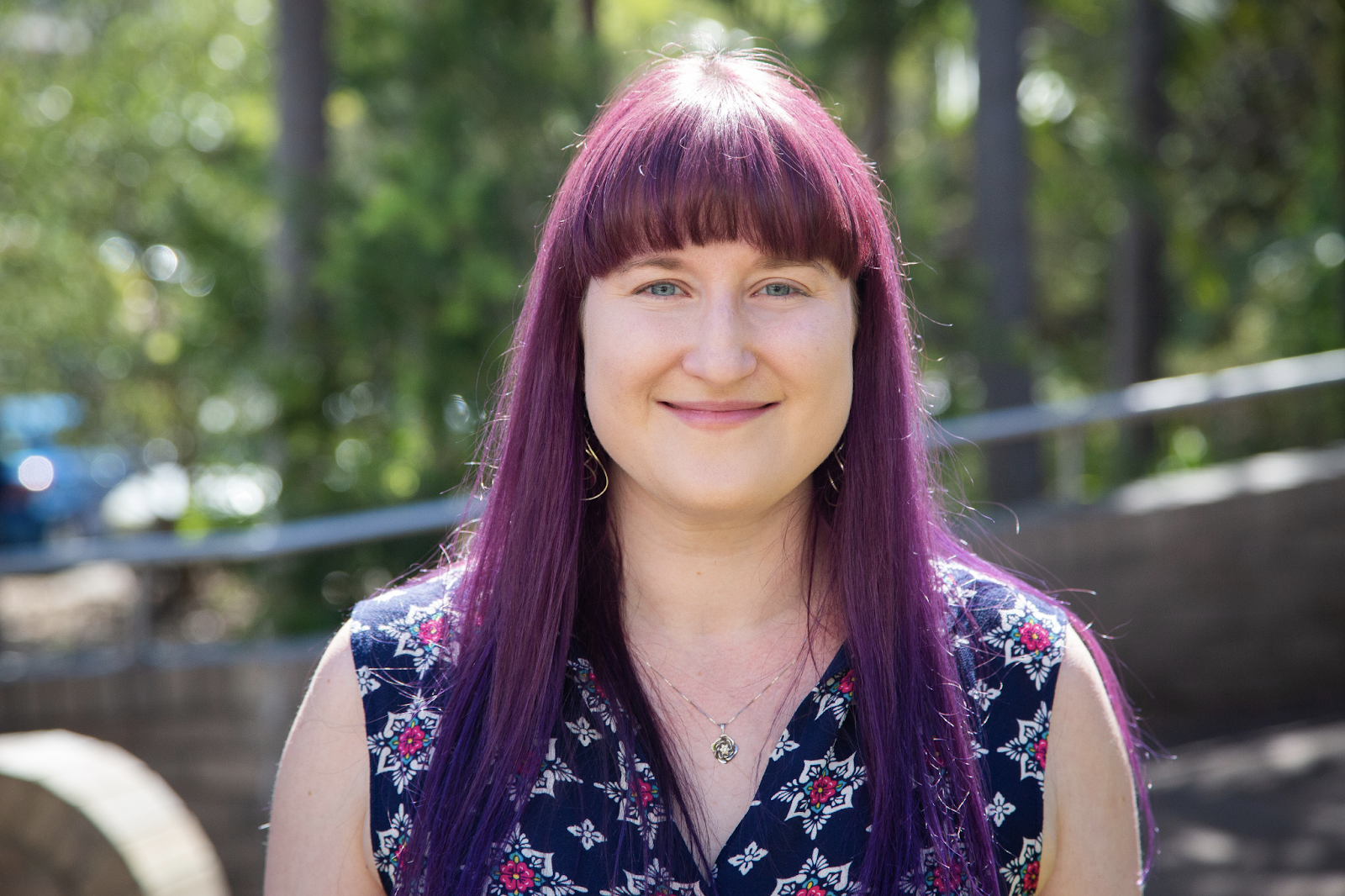
Claire Chaikin-Bryan
Smart Cities Lead, Macquarie City Council
Claire Chaikin-Bryan is the Smart Cities Lead at Lake Macquarie City Council where she is implementing numerous initiatives to support Council operations and the community. Claire is a qualified Town Planner and Civil and Environmental Engineer with a background in construction planning and project controls, visual arts, graphics design, digital engineering and computer programming. She has been working in the Smart Cities space since 2016 and was the Australia/New Zealand 2020 Smart Cities Emerging Leader.
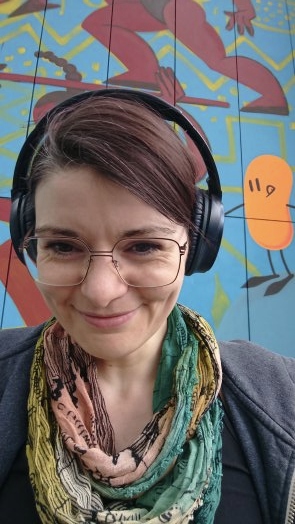
Dr Claire Murray
Chemist, ECSA
Dr Claire Murray is a chemist at the European Citizen Science Association, who is interested in informal learning, science communication and equity and justice in STEM. She is working on SEEDS, which is a EU-Horizon 2020 funded citizen science project for teenagers in Spain, UK, Netherlands and Greece, with partners in academia, research and local government. The aim is to improve effectiveness of health promotion interventions in this population, whereby teenagers lead the process to transform their habits, contributing to sustainable behavioural change. The interventions are created through events called Makeathons, which will empower them to create change for themselves and their peers.

